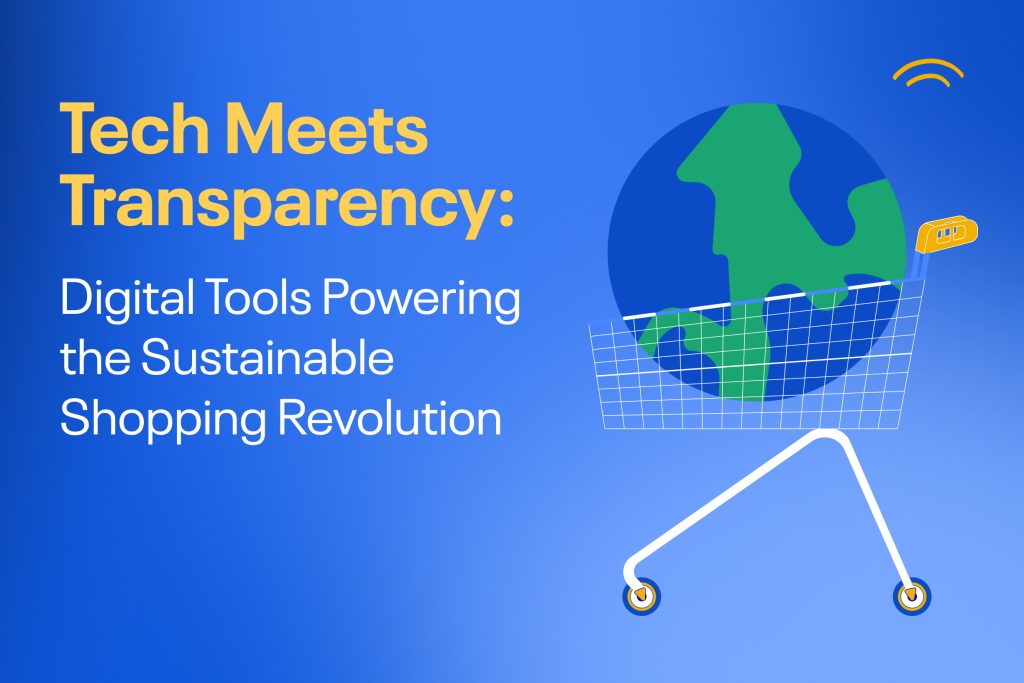
In recent years, sustainability has become a key focus for many companies looking to build a better future for themselves, their customers, and the planet. And the good news is that recent history shows us that companies that embrace sustainability can benefit in a multitude of ways.
For example, take the story of Tony’s Chocolonely, a company that set out to eradicate slave labor from the global chocolate supply chain. By taking a proactive approach to sustainability, Tony’s Chocolonely has not only made a positive impact on the lives of those affected by forced labor, but it has also created a loyal following of customers who appreciate the company’s commitment to making the world a better place.
But Tony’s Chocolonely is not alone in its success. Companies that take a proactive approach to environmental, social, and governance (ESG) issues can see significant commercial upside. By recognizing and seizing the huge opportunity that sustainability leadership represents, companies can be ahead of their peers and realize significant upside in brand loyalty, growth, and reduced regulatory and supply chain risk.
One area where sustainability is particularly important is food supply chains and agriculture which is responsible for a large amount of global deforestation and millions of cases of forced labor. Tony’s Chocolonely has demonstrated a few key principles of corporate sustainability leadership, including the power of sustainability to turn customers into ‘fans’, the importance of being a first-mover in sustainability, and the profitability of responsible business practices.
As the world grows its understanding of holistic measures of sustainability, companies will need to expand to much more than just climate and labor practices. Biodiversity is becoming the next trap for companies that are unprepared. Very few companies have biodiversity commitments, and this approach will not serve them for long. Companies that have perhaps focused only on climate commitments will need to stay with the times as more holistic measures of sustainability become critical for corporate transparency.
The Kunming-Montreal Global Biodiversity Framework adopted last year includes an agreed target to encourage and enable businesses to regularly monitor, assess, and transparently disclose their risks, dependencies, and impacts on biodiversity.
Overall, the lesson from recent history is clear: companies that embrace sustainability can benefit in numerous ways. By taking a proactive approach to ESG issues, companies can create a positive impact on the world and reap the rewards of commercial success. So let’s all take inspiration from companies like Tony’s Chocolonely and work towards a more sustainable future for everyone.

